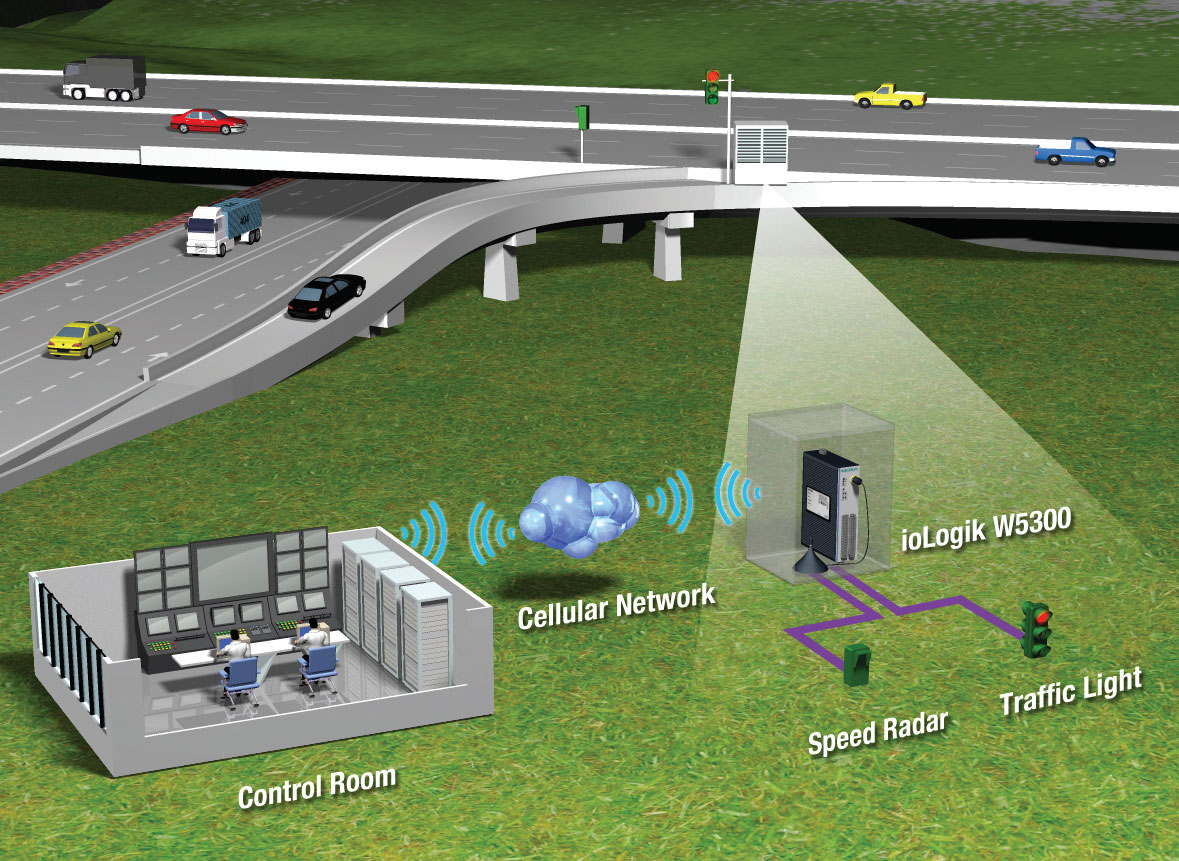
In recent years, the logistics industry has witnessed a remarkable transformation with the advent of Artificial Intelligence (AI). AI technologies have revolutionized the way logistics operations are managed, leading to increased efficiency, cost savings, and improved customer satisfaction. This article explores the various ways in which AI is enhancing logistics and shaping the future of supply chain management.
- Intelligent Demand Forecasting:
AI-powered algorithms analyze vast amounts of historical data, market trends, and external factors to accurately predict demand patterns. This enables logistics companies to optimize inventory levels, reduce stockouts, and minimize excess inventory. By leveraging AI, logistics providers can make data-driven decisions and ensure timely delivery of goods, ultimately enhancing customer satisfaction. - Route Optimization and Fleet Management:
AI algorithms optimize delivery routes by considering multiple variables such as traffic conditions, weather forecasts, and real-time data. This enables logistics companies to minimize fuel consumption, reduce transportation costs, and improve delivery timeframes. Additionally, AI-powered fleet management systems monitor vehicle performance, schedule maintenance, and optimize driver assignments, ensuring efficient operations and reducing downtime. - Warehouse Automation:
AI-driven robotics and automation technologies are transforming traditional warehouses into smart, efficient spaces. Automated systems powered by AI can handle tasks such as sorting, picking, and packing with precision and speed. This not only reduces human error but also increases productivity and throughput. AI-powered warehouse management systems can also optimize inventory placement, improving accessibility and reducing storage costs. - Enhanced Supply Chain Visibility:
AI enables real-time tracking and monitoring of goods throughout the supply chain. By integrating IoT devices and sensors, logistics companies can gather data on location, temperature, humidity, and other relevant parameters. This enhanced visibility allows for proactive management of potential disruptions, such as delays or damages, ensuring timely interventions and minimizing risks. - Predictive Maintenance:
AI algorithms analyze sensor data from vehicles and machinery to predict maintenance needs accurately. By identifying potential issues in advance, logistics companies can schedule maintenance activities, reducing the risk of breakdowns and costly repairs. This proactive approach not only improves operational efficiency but also extends the lifespan of assets, resulting in significant cost savings.
Conclusion:
Artificial Intelligence is revolutionizing the logistics industry, enabling companies to optimize operations, reduce costs, and enhance customer satisfaction. From intelligent demand forecasting to warehouse automation and predictive maintenance, AI-powered solutions are reshaping the future of logistics. Embracing AI technologies is no longer an option but a necessity for logistics providers seeking to stay competitive in an increasingly digitalized world.

